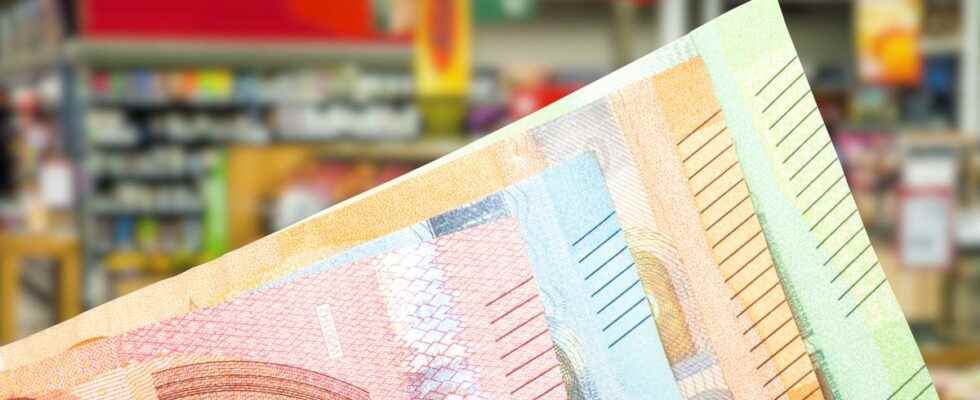This is particularly the case for 63% of French people, according to a vast Ipsos study carried out on a European scale in partnership with the Secours populaire.
The question of purchasing power is not just a French question. It occupies most of the European countries, whose populations are confronted with the same economic difficulties. While inflation reached 10.7% in October in the euro zone as a whole and the Old Continent is affected by rising energy costs – linked to the war in Ukraine – a majority of Europeans consider that their purchasing power has decreased in this delicate economic context. In a large Ipsos survey conducted in six European countries – France, Italy, Germany, Poland, Greece and the United Kingdom – for Secours Populaire, representative samples of each nation selected – 1000 respondents per country – explain how the inflationary environment has affected their portfolio.
First lesson on the evolution of purchasing power over the past three years: 54% of Europeans consider that it has decreased, 17% are of the opposite opinion. In detail, 63% of French people consider themselves to be in a worse financial situation than a few years ago. Only 13% think their purchasing power has improved. And this, while the consequences of inflation in France are much smoother and supported by the State than in other countries. In total, 27% of the overall sample declares to be in a precarious situation. But 55% of Europeans are alarmed at the risk of finding themselves in this situation. A concern that rises to 42% among the French.
Read alsoEuro zone: the probable recession will not be enough to tame inflation, says Lagarde
For a very large majority of respondents (89%), it is the increase in the price of heating or even fuel that has led to this drop in purchasing power. Much more than the increase in taxes (31%) or a drop in income (19%). Other relevant data: having “already reduced everything that could be64% of Europeans say they no longer know which expenses to compromise on. A tension that has very clear consequences on spending and leisure. For example, 49% of respondents have already been afraid of not being able to meet the needs of their children in terms of meals or health costs. The same proportion also gave up sending their child on vacation.
SEE ALSO – Strike day: “I am mobilized for purchasing power and wages”, testifies a nurse
66% of Europeans worried about rising fuel prices
Faced with record inflation, 66% of Europeans are also worried about facing the increase in fuel prices, 64% when it comes to food products, and 62% if they have to manage a major expense unexpected. Rates which reciprocally rise to 74, 72 and 65% among the French people questioned. Above the European average, therefore.
If Greece is regularly placed as the country which expresses the most difficulties, the French often remain above their European counterparts. When 62% of the population has recently restricted their movements to save money, 66% of French people have already found themselves in this situation. When 47% of Europeans had to not increase the heating while being cold, this was already the case for 50% of French people.
SEE ALSO – Purchasing power: how inflation is upsetting French people’s habits
